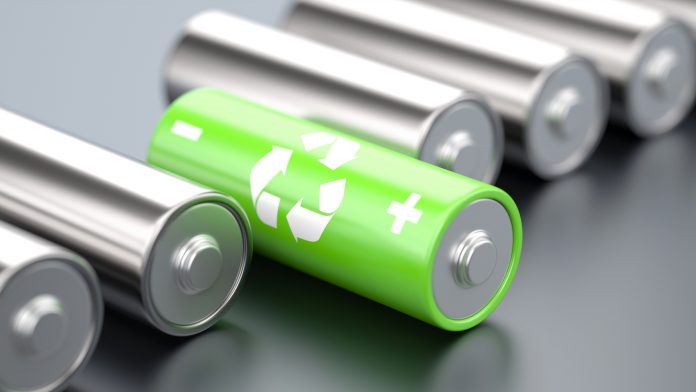New battery testing and storage facilities have been installed at the University of Birmingham, in a bid to accelerate battery recycling research.
The facilities, developed by researchers working on the Faraday Institution ReLiB (Recycling and Reuse of Li-ion Batteries) project, will allow scientists and engineers to better research optimal economic and environmental recycling routes that recover large volumes of valuable materials contained in batteries.
The main goals of the facility are to contribute to the UK’s efforts to develop a circular economy around the raw materials used for batteries and to make sure the UK has the proper facilities to recycle batteries for electric vehicles as they increase in popularity.
The Birmingham facility will be in high demand, as there are few other testing chambers like it in the UK, which has previously meant research programmes have been delayed. The facility is also European Council for Automotive R&D – EUCAR 7 rated, which means it is safe to study impact, fire and explosive battery failures.
Currently, researchers at the facility are carrying out a method of recycling electric vehicle batteries that has the potential to become commercial. The batteries are being shredded in a safe and controlled environment, while their valuable components, such as cobalt, nickel and lithium, are being recovered by physical, chemical, or biochemical separation and purification. The shredded material is then being distributed to other universities in the UK that are involved with the ReLiB project.
Then, researchers are developing potential methods of large volume materials recovery, which could form future commercial processes. For example, scientists at the University of Leicester are looking into mechanical and chemical separation methods, while scientists at the University of Edinburgh are investigating the role bacteria could play in selectively leaching high value metals.
Dr Paul Anderson, Principal Investigator of the Faraday Institution’s ReLiB project, commented: “In order to develop a circular economy in the UK, and recover the materials required to produce future batteries it is important to establish a battery recycling industry here, which is a significant economic opportunity for the country.
“Increased battery recycling will satisfy the urgent imperative to reduce the amount of raw materials that need to be sourced to manufacture batteries for future EVs, so making better use of global resources and improving security of materials supply chains. The new facilities at the University of Birmingham will quickly become an invaluable resource for UK-based researchers, working on ReLiB and other projects, to accelerate our understanding of the underpinning of scientific processes that will allow this to be achieved.”









